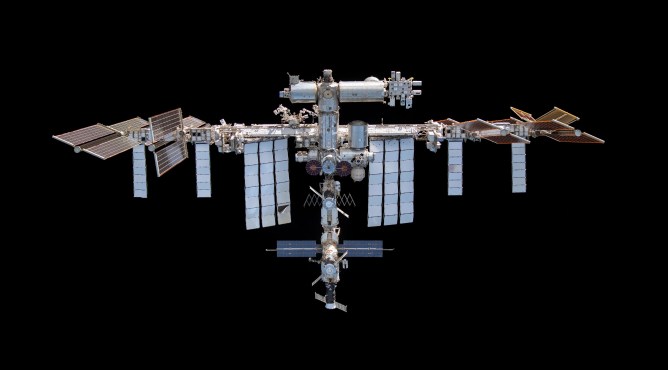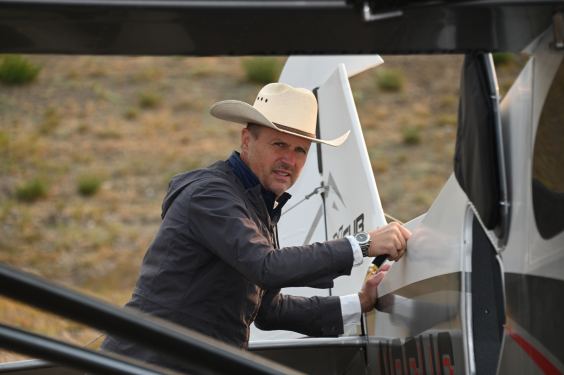The Noisy Reality of Space Travel
Space is often associated with silence and vast emptiness. However, crewed spacecraft are not as quiet as one might expect. Life support systems, electronic fans, radios, and crew activity all contribute to a noisy environment that can have significant effects on astronauts. NASA has been concerned about the acoustic environment in space for some time now and has implemented various modifications to make the International Space Station (ISS) a quieter place.
The Challenge of Noise in Space
Despite these efforts, there is still much room for improvement. Whisper Aero, a Tennessee-based startup, has received a new contract from NASA to design the quietest possible fan suitable for crewed space environments. The company’s goal is to create a prototype that meets or exceeds 61 decibels (dB) at two feet while also being 75% more efficient than existing fans.
Whisper Aero: A Leader in Quiet Technology
Whisper Aero is no stranger to quiet technology. Their ultra-quiet electric propulsor has been used in various applications, including aircraft, drones, and even leaf blowers. The company’s proprietary technologies have the potential to revolutionize the way we think about noise reduction in space.
Phase 1 of the SBIR Contract
The six-month contract between Whisper Aero and NASA will focus on designing a quiet fan that meets the agency’s requirements. If successful, the project will move on to Phase 2, where NASA and Whisper Aero will compare the acoustic and aerodynamic estimates from this phase with the measurements of a baseline NASA Spacecraft Cabin Ventilation Fan.
The Challenge of Noise in Space: A Complex Issue
According to Ian Villa, COO of Whisper Aero, "Unless you’re using significantly different technology, you’re going to end up with the same kind of noise challenges and efficiency challenges in space as on Earth." The noise exposure levels in the crewed portions of the ISS were found to be around 73 dB on average. NASA has developed a space fan that achieves 66 dB at two feet, but Whisper Aero is aiming to meet or exceed 61 dB while also being more efficient.
The Benefits of Quieter Fans
The benefits of quieter fans in space are numerous. Not only will they improve the overall comfort and safety of astronauts, but they will also help reduce energy consumption and increase efficiency. In addition, quieter fans can be smaller and lighter, reducing the weight and space requirements for life support systems.
Private Space Stations: A New Challenge
As private space stations begin to fly luxury space tourism customers, the importance of quiet technology will only continue to grow. Companies may want to differentiate themselves by offering a more pleasant environment than their competitors. Whisper Aero’s technology has the potential to play a significant role in this emerging market.
Noise Reduction in Space: A Long-Term Goal
The quest for quieter space is not just about meeting technical requirements; it’s also about creating a safer and more comfortable environment for astronauts. As we continue to push the boundaries of space exploration, we must prioritize the development of quiet technology that will benefit future generations of space travelers.
Conclusion
Whisper Aero’s partnership with NASA marks an exciting new chapter in the development of quiet technology for crewed spacecraft. The company’s proprietary technologies have the potential to revolutionize the way we think about noise reduction in space, and their success could pave the way for a quieter, more efficient future in space exploration.
References
- [1] NASA (2022). Noise Reduction in Space Exploration.
- [2] Whisper Aero (2022). Ultra-Quiet Electric Propulsor.
- [3] Villa, I. (2022). COO of Whisper Aero. Interview with author.


